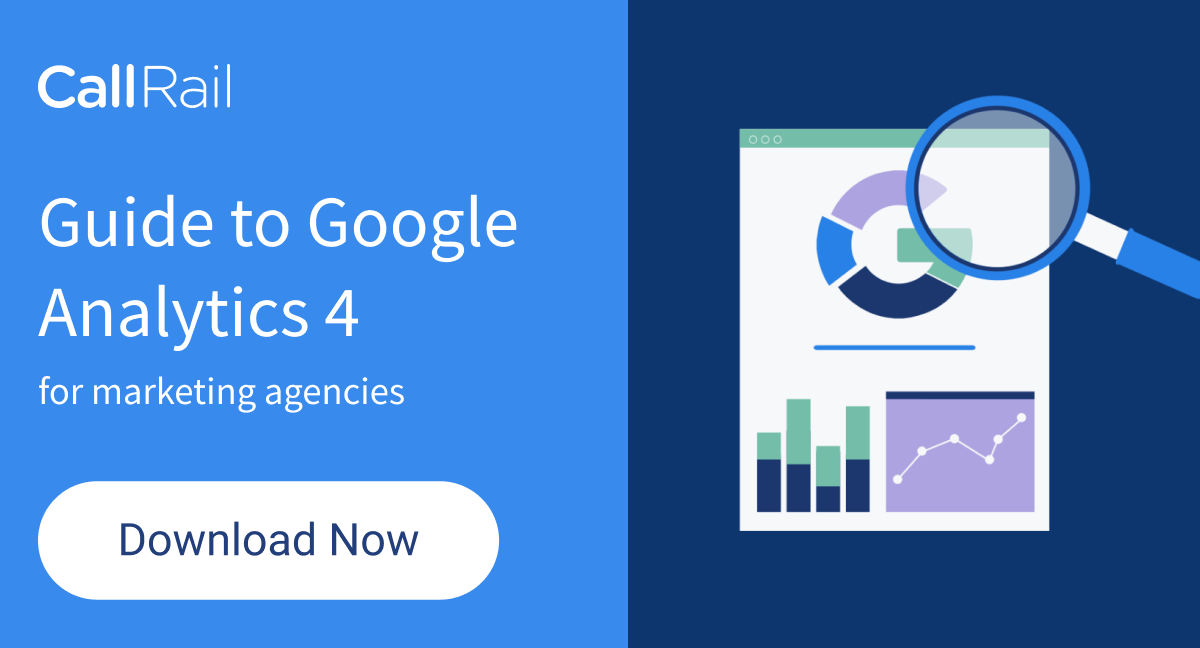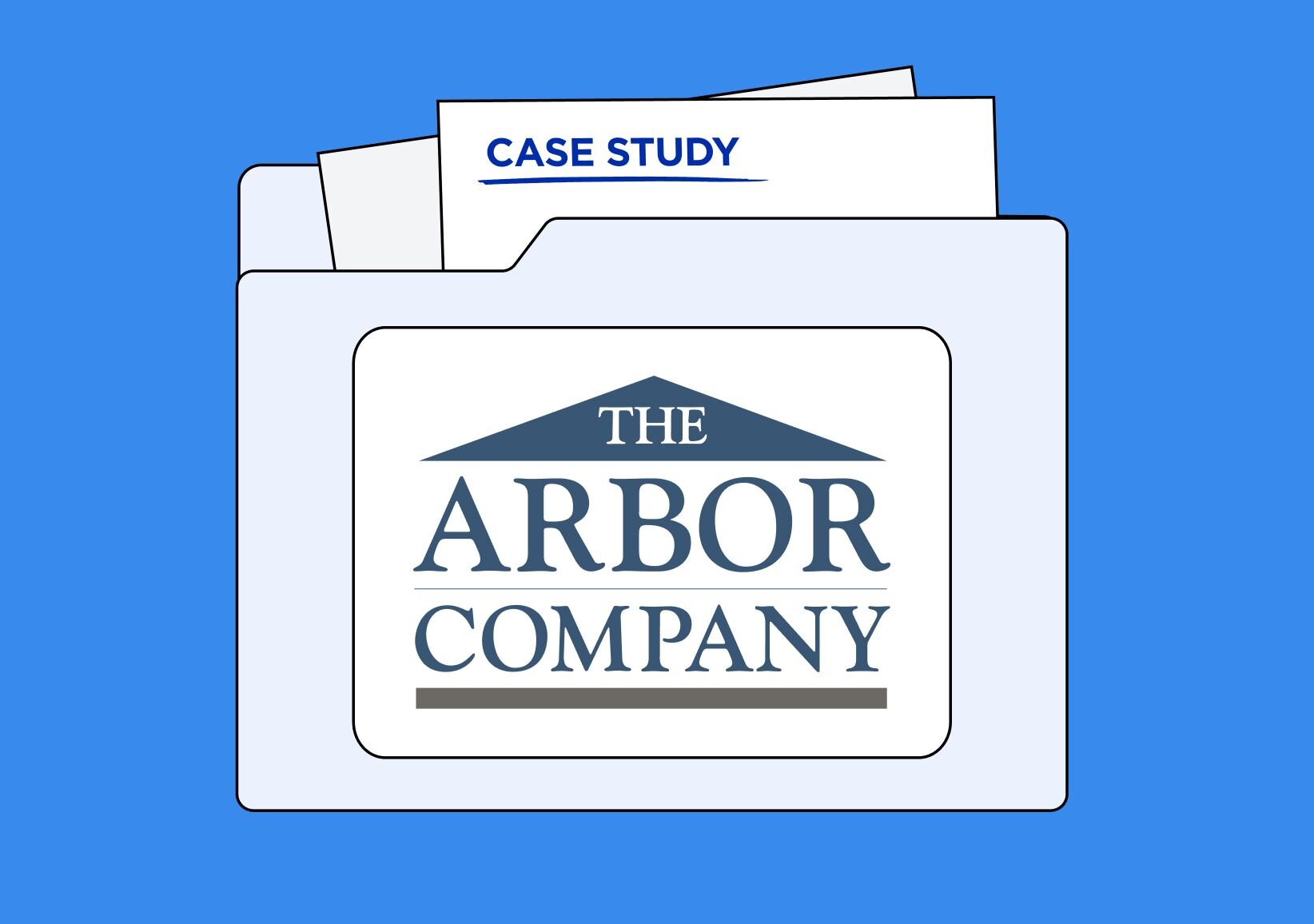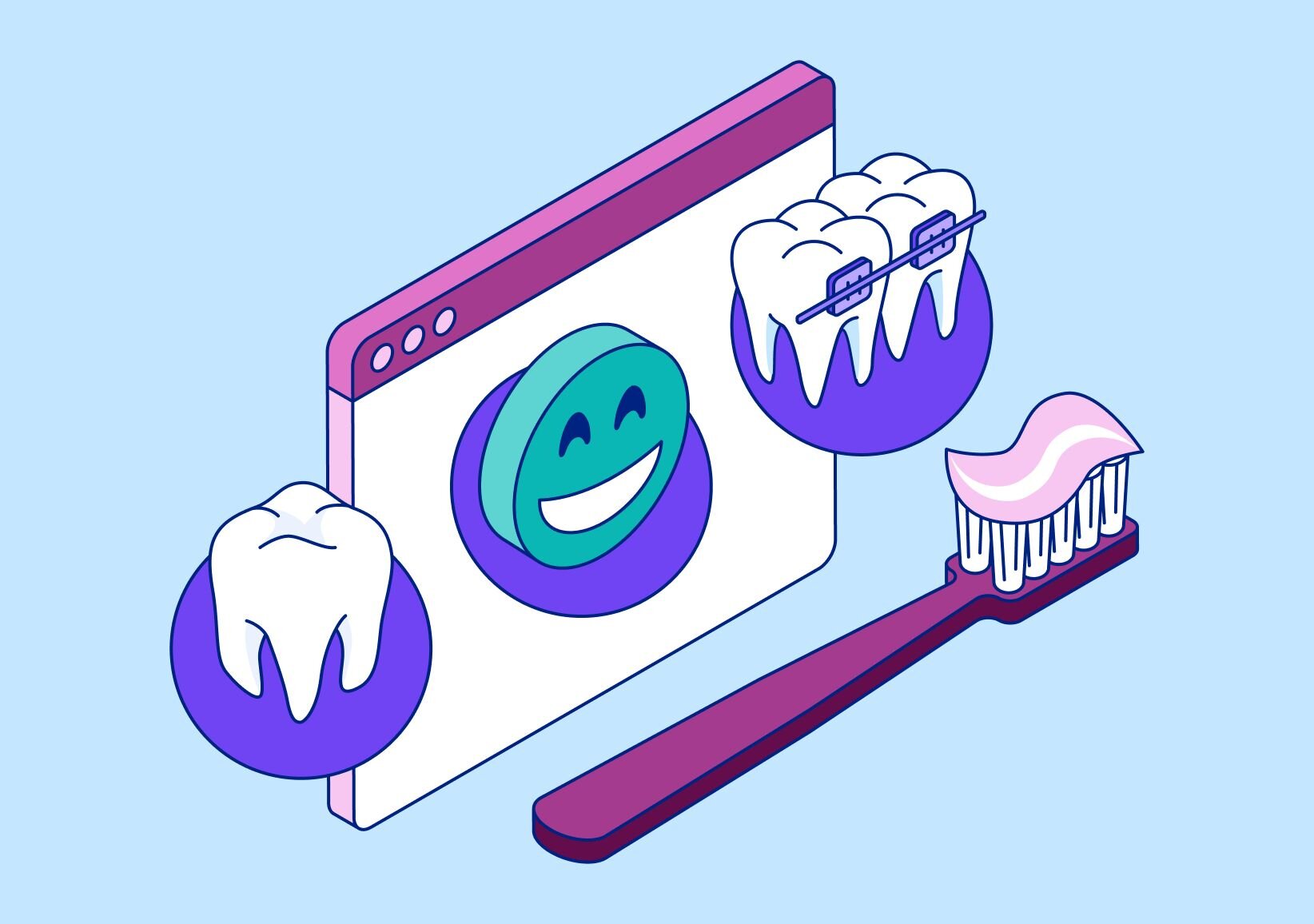2023 promises a slew of new challenges for agency marketers. Shifting consumer behavior, key technological developments, and demographic shifts mean that agencies looking to drive results for their clients need to keep current with what’s next – a concept agency marketers echoed throughout our recent 2023 marketing trends and agency predictions ebook.
This post explores the top digital marketing trends agencies should be aware of going into 2023. Keep reading for insights that could help keep your agency ahead of the curve.
The Transition to Google Analytics 4
On July 1, 2023, Google will complete its transition to Google Analytics 4 (GA4) and sunset Universal Analytics. A few of the must-know changes include:
- Google Analytics 4 will transition away from session-based analytics to event-based analytics;
- The new setup will rely heavily on first-party cookies and restrict third-party cookies, as well as add signals (session data from sites and apps that Google associated with Google user accounts) into the mix;
- GA4 will also offer advanced privacy controls, including cookieless measurement and behavioral and conversion modeling.
If your agency has not yet begun preparing for the switch – now is the time to do so. GA4 is already available, so it’s highly recommended to transition prior to the July 1st deadline. Ensure your team – and your clients – understand the major differences between UA and GA4 and how they will affect marketing attribution.
Want to learn more about Google Analytics 4? Check out our Guide to Google Analytics 4 for marketing agencies.
AI in Digital Marketing
AI is a pivotal trend shaping the landscape of digital marketing agencies in 2023 and beyond. Using artificial intelligence, agencies can now craft highly personalized and data-driven marketing strategies. AI-driven analytics tools help decipher consumer behavior, enabling agencies to create content and campaigns tailored to individual preferences.
Chatbots and virtual assistants powered by AI provide round-the-clock customer support, enhancing user engagement. Moreover, AI algorithms can optimize ad placements and budgets, ensuring that marketing efforts yield maximum returns. As AI continues to evolve, digital marketing agencies that embrace its capabilities are set to stay at the forefront of the industry, delivering more effective and efficient campaigns for their clients.
Shifts in Search Rankings due to Google Algorithm Changes
Google’s always changing its algorithm — sometimes as often as several times a year. However, the recent helpful content update will increasingly impact SERPs (search engine results pages) moving forward. The update’s aim is to “better reward content where visitors feel they've had a satisfying experience”. Conversely, content that doesn’t satisfy users’ expectations will be deprioritized in SERPs.
Therefore, content creators should focus on creating content for people, not for search engines. Keyword stuffing, content that essentially copies other high-performing pages, and basic top-level commentary that fails to add original value or insights will see decreased visibility.
This update could present a major opportunity for your agency’s clients, so make sure to frame it as such. Through original, insightful content, your clients may be able to gain ground over competitors who have not prioritized updates to their content strategy in line with Google’s helpful content update.
Heavier Reliance on Data Tracking
Agencies will need to be more data-driven in 2023 than ever before. Clients will increasingly demand proof of results — especially as budgets tighten amid widespread economic concerns. They want to know that every dollar they spend is generating tangible ROI (return on investment).
Implement tools that irrefutably prove the value of your work, like Call Tracking by CallRail. Call Tracking allows agencies to directly attribute calls their clients receive to the online and offline marketing that drove them – whether it were a billboard or a PPC ad (and everything in between). Know exactly which campaign – down to the search term – that drives phone calls to your clients’ businesses.
Agencies also need to prepare for the end of third-party tracking. While this change has been imminent for some time, Google expects to fully launch its Privacy Sandbox APIs – an initiative to develop technologies that reduce cross-site and cross-app tracking – in Q3 2023, and will phase out third-party cookies in the latter half of 2024. For tips on how to prepare, download our 2023 marketing trends and agency predictions ebook.
Bigger Investment in Gen Z Consumers
Agencies are going to need to get creative when helping clients reach the younger generations — especially Gen Z. Whether it’s watching politicans play games on Twitch, attending virtual concerts, or hanging out in the metaverse, Gen Z does things their own way. Given this will be the largest generation in the U.S. next year (74 million Gen Z-ers), marketers can’t afford to ignore them.
Consider their love of Tik Tok. 67% of teens say they use TikTok while 16% claim to use it “almost constantly”. In fact, research suggests that for Gen Z, “TikTok is the new search engine.” For businesses looking to generate interest among Gen Z – they need a strategy for the platform.
These insights shouldn’t just guide your approach to marketing your clients’ businesses — they should also inform your hiring approach. Deloitte notes that Gen Z will require a blend of technology, data analytics, business management, and creative skills throughout their career – all skills crucial to digital marketing agencies. Agencies should be direct about their need for creative, data-driven, and tech-savvy employees — which will help them attract Gen Z applicants and train and retain them accordingly.
Work Is More Virtual Than Ever Before
The pandemic has left a lasting impact on how and where we work. Today, 58% of all Americans – regardless of industry or location – have the opportunity to work from home at least once per week. 87% of people take advantage of the opportunity to work remotely when offered, spending an average of 3 days per week working from home, while 35% can work from home full-time.
An article by Time notes that Gen-Z and Millennials are pretty split when it comes to remote work – suggesting that a hybrid approach may be best. While different environments are better suited for different job functions and tasks, the younger generation desires the flexibility to work where they are most comfortable – and to enjoy the social aspect of in-person work.
Despite the potential challenges of remote work, the benefits seem to outweigh the drawbacks: increased productivity, better work-life balance, less time spent commuting, and greater job satisfaction to name a few. Agencies will need to strike a balance between WFH, remote, and hybrid setups if they want to remain competitive in the talent landscape.
Maximize Client ROI in 2023
Despite the constant evolution of digital marketing, one thing won’t change — clients will continue to hold agencies accountable for the results they produce. Call Tracking by CallRail allows agencies to closely monitor their clients’ marketing and directly attribute spend to return on investment.
Try CallRail for yourself. Sign up for a free trial today.













